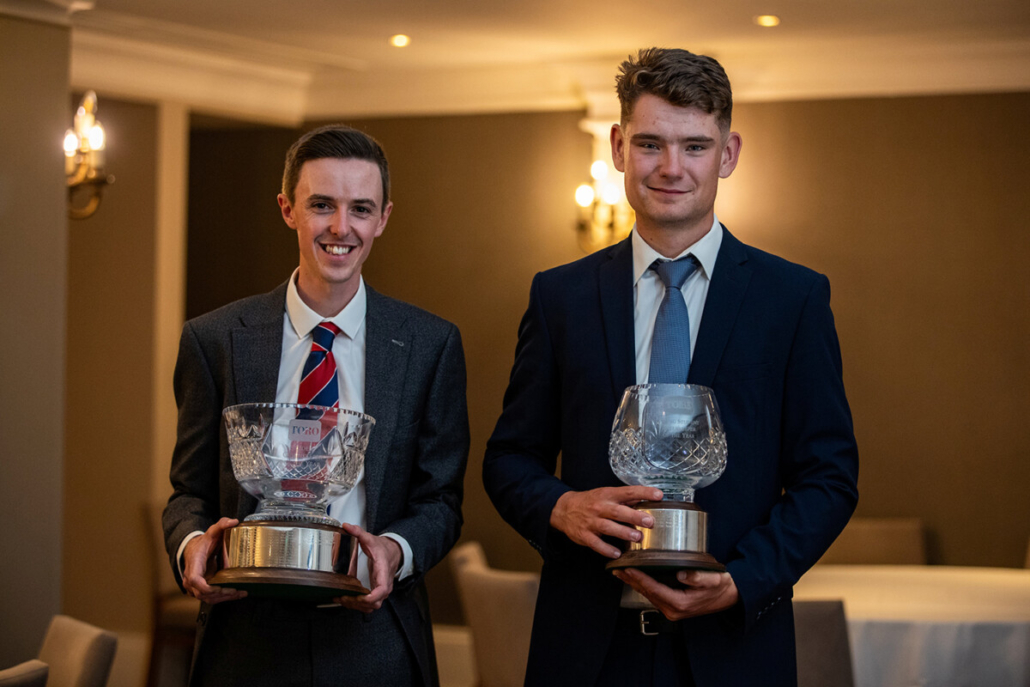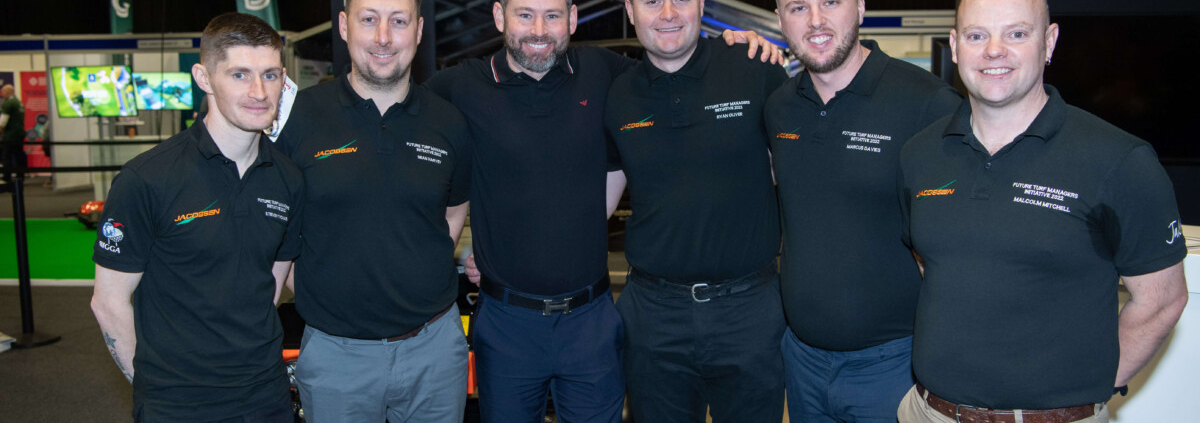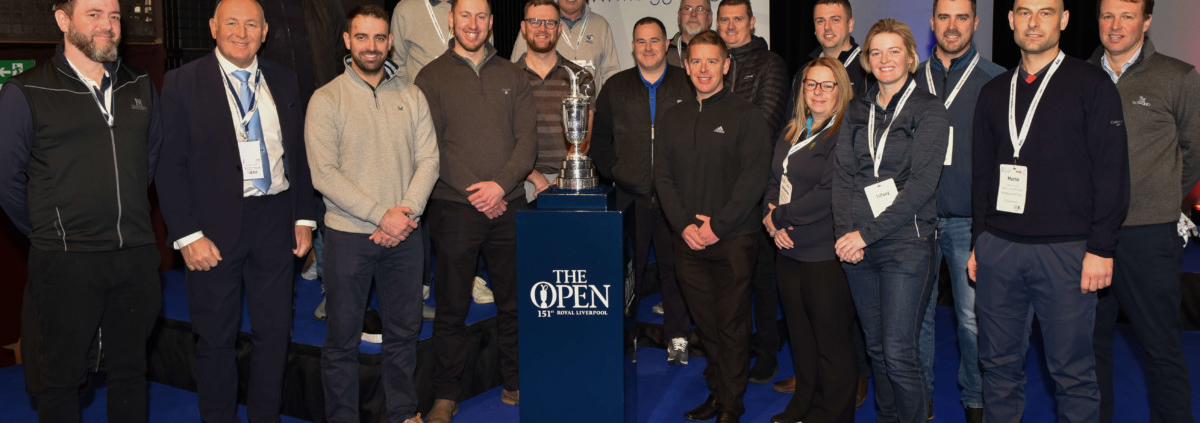Ormskirk and Farleigh greenkeepers earn prestigious awards
Ormskirk and Farleigh greenkeepers earn prestigious awards: One has an obsession with board games while the other is a rock climber who scales cliffs around the UK, but the winners of the 34th Toro Student Greenkeeper of the Year Awards are united in a passion for the greenkeeping profession.
The British & International Golf Greenkeepers Association (BIGGA), Toro and Reesink UK have revealed the winners of their prestigious student greenkeeping awards following a day of judging in the historic surroundings of Cheshire’s Carden Park.

Ormskirk and Farleigh greenkeepers earn prestigious awards
With finalists representing eight education providers from across the UK, the awards also provide the students with the opportunity to develop their knowledge and expand their professional network.
The winner of the Toro Student Greenkeeper of the Year Award was revealed to be Michael Russell, assistant greenkeeper at Ormskirk Golf Club in West Lancashire. Michael’s nomination was endorsed by Phil Lomas, tutor at Oldham College.
Michael, 31, switched career four years ago from a role in the Civil Service and hasn’t looked back. A keen board game collector, he was a finalist in the 2021 hosting of the awards and has optimised his BIGGA membership, becoming an ICL Continue to Learn Scholar and graduating from the Future Turf Managers Initiative. He is married to Megan and has a one-year-old daughter, Millie. Michael was also the first finalist to ever score full marks in the multiple choice stage of the examination.
Michael said: “It was a little bit of a shock, but I know how much preparation I’d done coming into the finals. I think you can always underestimate yourself, seeing those around you and how much experience they have and their passion for the industry, but I was absolutely delighted to win and I know in terms of the rewards that are available as part of the event and just networking has been a brilliant opportunity.”
Runner-up in that category was Ryan Fiander, deputy course manager at Lees Hall Golf Club in Sheffield. Ryan’s nomination was endorsed by Andy Kenworthy, his tutor at Myerscough College.
The winner of the Toro Young Student Greenkeeper of the Year Award was revealed to be Daniel Martin, first assistant greenkeeper at Farleigh Golf Club in Surrey. A keen mountain biker and climber, Daniel is a thrill seeker who has found a professional passion in the greenkeeping industry. Daniel’s nomination was endorsed by Wayne Syres, tutor at Hadlow College. In another awards first, Daniel’s grandparents were in the area and stopped by the awards ceremony, making it extra special that he came out on top in his category.
Daniel said: “It’s a really good recognition of all the work that you have put into your career and studying to gain the extra knowledge to differentiate yourself from everyone else, so I felt satisfaction in the recognition of that work. For me, if I’ve achieved something well then it’s satisfaction of a job well done and on to the next one.”
Runner-up in the Young category was Jake Rose, apprentice greenkeeper at Moortown Golf Club in Leeds. Daniel’s nomination was endorsed by his course manager, Steven Robinson.
You can watch extended interviews from Michael and Daniel on the BIGGA YouTube channel.
The nomination period for the 2024 Toro Student Greenkeeper of the Year Awards will begin at the BIGGA Turf Management Exhibition in January 2024.
For the latest industry news visit turfmatters.co.uk/news
Get all of the big headlines, pictures, opinions and videos on stories that matter to you.
Follow us on Twitter and Instagram for fun, fresh and engaging content.
You can also find us on Facebook for more of your must-see news, features, videos and pictures from Turf Matters.

















